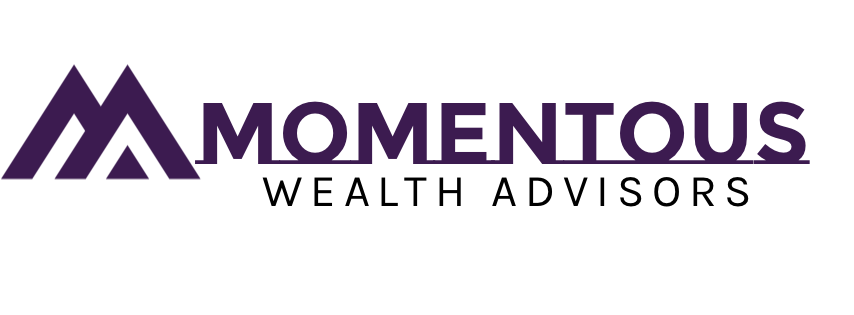Critical Tax Decisions Near Retirement.
Critical Tax Decisions Near Retirement
As retirement approaches, individuals face a crucial phase in their financial planning journey. One aspect that deserves careful consideration is the impact of taxes on retirement income and long-term financial stability. Making critical tax decisions near retirement can play a significant role in optimizing one's financial situation.
Proactive Retirement Tax Planning
Proactive retirement tax planning involves assessing potential tax implications and strategically optimizing retirement income. This approach helps individuals maximize after-tax income during their retirement years. It also allows them to take full advantage of various tax-saving strategies, potentially preserving and growing their wealth.
Social Security Benefits Optimization
Understanding the tax implications of Social Security benefits is vital when nearing retirement. Depending on an individual's specific circumstances, a portion of their Social Security income could be subject to federal income tax. By carefully planning their retirement income sources and withdrawal strategies, individuals can minimize the tax burden on their Social Security benefits.
Retirement Account Withdrawal Strategies
One crucial decision is determining the sequence and timing of tapping into retirement accounts. Different types of retirement accounts, such as traditional IRAs versus Roth IRAs, have different tax implications. Making informed decisions about which accounts to draw from and when can have a significant impact on the overall tax liability and the longevity of retirement savings.
Medicare and Healthcare Deductions
Medicare and healthcare expenses are critical factors to consider when planning for retirement taxes. Premiums for Medicare Part B and Part D, along with out-of-pocket healthcare expenses, can potentially be deducted from taxable income. Understanding these deductions and planning for healthcare costs can help retirees make more informed choices and manage their tax liability effectively.
Estate Planning Considerations
Estate planning is essential for individuals approaching retirement, especially with changes in tax laws potentially impacting estate taxes and inheritance. Estate planning strategies, such as gifting assets, establishing trusts, or creating a comprehensive estate plan, can help minimize tax burdens on heirs and ensure a smooth wealth transfer.
Long-Term Care Insurance
Considering long-term care insurance is crucial when preparing for retirement. Not only does it provide financial protection against potential healthcare costs, but it can also offer certain tax advantages. Premiums paid for qualified long-term care insurance policies may be tax-deductible, providing potential tax savings in retirement.
Tax-efficient Investments
Choosing tax-efficient investments can be a strategic move for retirees. Investments that generate income with favorable tax treatment, such as qualified dividends or municipal bonds, can help optimize after-tax returns. Understanding the tax implications of different investment types and incorporating tax efficiency into the investment strategy can make a significant difference in one's overall tax liability.
Working with Financial Professionals
Navigating the complex tax landscape near retirement often requires the assistance of financial professionals. Experienced advisors can provide personalized guidance based on an individual's specific circumstances and financial goals. By collaborating with tax advisors and financial planners, individuals can make informed decisions and develop comprehensive strategies that align with their retirement objectives.
In conclusion, critical tax decisions near retirement can have a substantial impact on an individual's financial well-being. Taking proactive steps to optimize retirement income, understand Social Security implications, strategize retirement account withdrawals, plan for healthcare expenses, and make informed choices regarding estate planning and long-term care insurance can help retirees maximize their after-tax income and secure a more financially secure future. Bringing onboard experienced financial professionals can provide valuable guidance and ensure a successful transition into retirement.
-Brian D. Muller, AAMS® Founder, Wealth Advisor
Disclaimer: This material is for informational purposes only and should not be construed as investment advice. Past performance is not indicative of future results. Investors should make investment decisions based on their unique investment objectives and financial situation. While the information is believed to be accurate, it is not guaranteed and is subject to change without notice.
Investors should understand the risks involved in owning investments, including interest rate risk, credit risk and market risk. The value of investments fluctuates and investors can lose some or all of their principal.
Always consult with a qualified financial professional before making any investment decisions.
